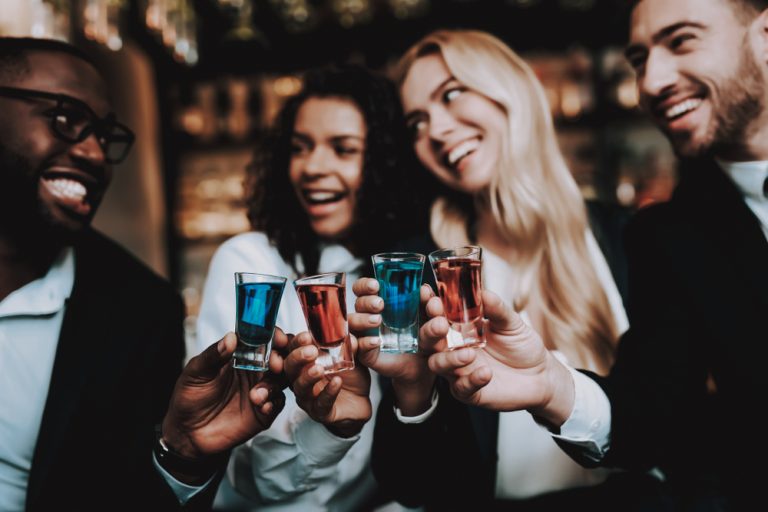未分類
How Long Does It Take to Detox from Alcohol? Timeline and More
Content
Generally, the more alcohol you drink on a regular basis, the longer it takes for cravings to subside. It’s important to note that you may or may not be aware of these external triggers as reasons for your alcohol cravings. Disulfiram – this drug reverses the pleasurable effect of alcohol by causing negative reactions such as vomiting, headaches, and systematic discomfort get rid of alcohol cravings whenever a user consumes alcohol. Once a person identifies the activities and situations that can cue their cravings, they can work to avoid some of them. For activities and situations a person cannot or does not want to avoid, they can use strategies to overcome the cravings that occur. It also goes over how to manage cravings, both in the short term and the long term.
Will the Ozempic Era Change How We Think About Being Fat and … – The New Yorker
Will the Ozempic Era Change How We Think About Being Fat and ….
Posted: Mon, 20 Mar 2023 07:00:00 GMT [source]
These are the most severe symptoms of alcohol withdrawal. Most people stop having withdrawal symptoms four to five days after their last drink. If you turn to alcohol to manage emotional distress, the added overwhelm can prompt the urge to drink, making success seem even more out of reach. Family and friends can provide encouragement and support when you stop drinking.
How to Stop Drinking: Making a Plan That Works for You
Campral is taken with each meal three times per day, and the average dose is 666 mg per day. Most times, alcohol cravings are a psychological response to certain situations or from exposure to a trigger. For example, being in certain social conditions will cause people to crave alcohol. In these instances, craving alcohol is related to social anxiety or fitting into the group.
- Eating simple carbohydrates and processed foods may induce cravings.
- When you have a craving, alert a loved one who can help hold you accountable and go through craving management steps with you.
- When you are feeling tempted, pull the letter out and read it to yourself.
- Alcohol withdrawal can begin within hours of ending a drinking session.
The words “urge” and “craving” refer to a broad range of thoughts, physical sensations, or emotions that tempt you to drink, even though you have at least some desire not to. You may feel an uncomfortable pull in two directions or sense a loss of control. It’s structurally similar to a chemical in the brain called gamma-aminobutyric acid (GABA). During periods of alcohol withdrawal, the brain has less GABA and becomes stressed.
Coping with alcohol withdrawal symptoms safely
It’s much better to focus on something that you enjoy than to focus on the discomfort of your withdrawal symptoms. Addiction has the tendency to make everything else in life seem less enjoyable. Music that you used to love may no longer have the same draw. This is because your addiction becomes all-consuming, dulling the vibrancy of life.
- “Try sober Mondays or sober Mondays through Wednesdays,” he says.
- Talk with a healthcare professional if you’re concerned you may experience detox symptoms when quitting drinking or cutting back.
- We do not prescribe benzodiazepines (such as Librium or Ativan) to detox off alcohol, which can be habit-forming.
When alcohol metabolizes in your body, it turns into sugar. Eating healthy fruits and vegetables can help you balance the sugar levels that your body is used to. Join 40,000+ People Who Receive Our Newsletter Get valuable resources on addiction, recovery, wellness, and our treatments delivered directly to your inbox.
Coping with Alcohol Cravings
If done correctly, therapy or counseling can reduce the number of triggers and urges a person has when trying to quit drinking. The goal is to identify the trigger and analyze the feeling the person has related to drinking. Part of the therapy is also providing the patient with coping skills and other valuable strategies to help them overcome the desire for alcohol. Using medication that helps reduce the urge to drink can be really helpful for some people. One of the most common medications to help reduce alcohol cravings is ReVia, also known as naltrexone.

